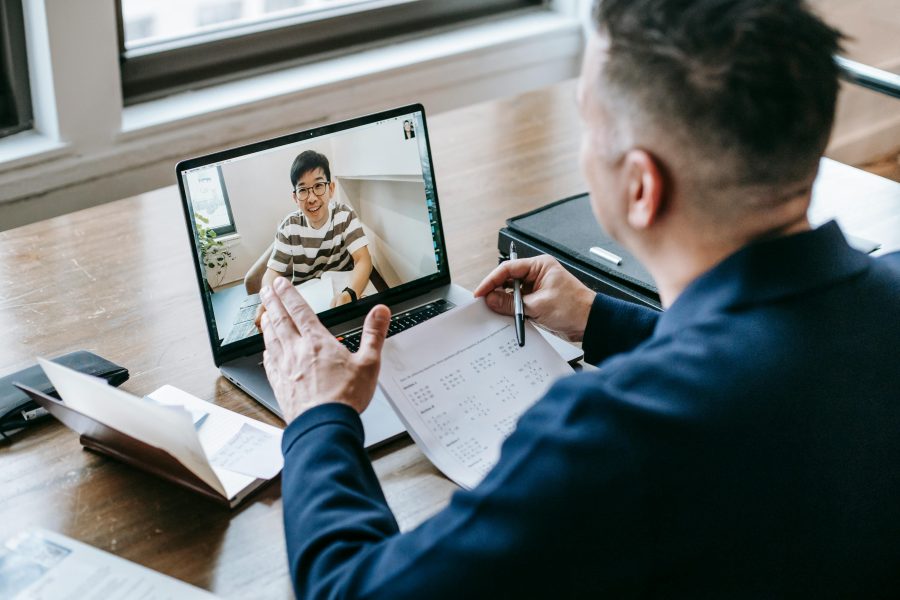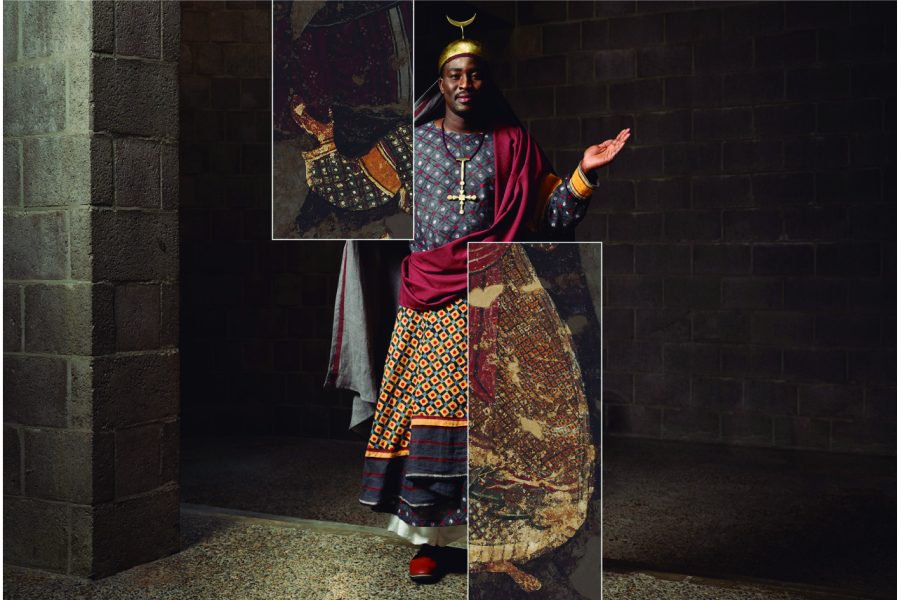
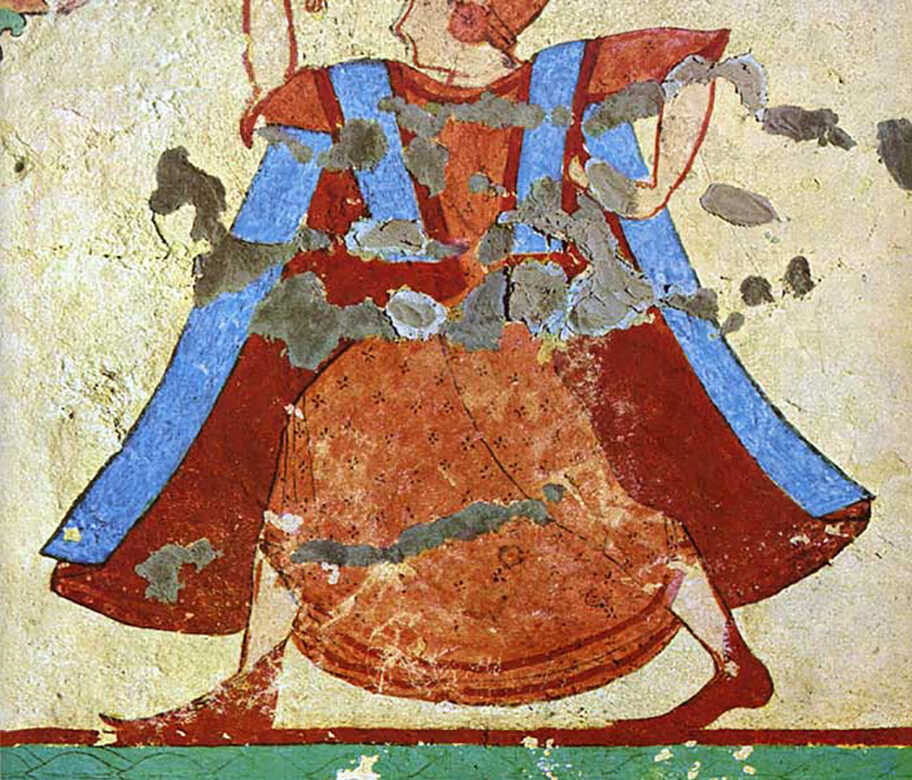
Working Group 2 – Clothing Identities: Gender, Age and Status
Introduction
Objectives: To explore the meaning of clothing through ages, areas and cultures. To use clothing as a key to explain values in society. To use clothing as a key to understand individuals, self-representation, and groups.
Themes: With clothing, humans express their gender, age, beliefs, and social status. Ancient costumes combine skin and textile, wrapping and tailoring. Many clothing elements in antiquity are unisex, but are worn differently according to gender and age. Children’s clothes are generally simple, but Roman children expressed their civil status and gender through clothing. Adults negotiate the changes in their age, body and status through garments. Poor people, slaves, and workers performing hard physical work, wear loose-fitting garments allowing freedom of movement. Late Antique sources report on second-hand clothing as an important part of the economy. Members of the elite display their wealth through luxurious garments, decorated with complex patterns including precious metals and stones.
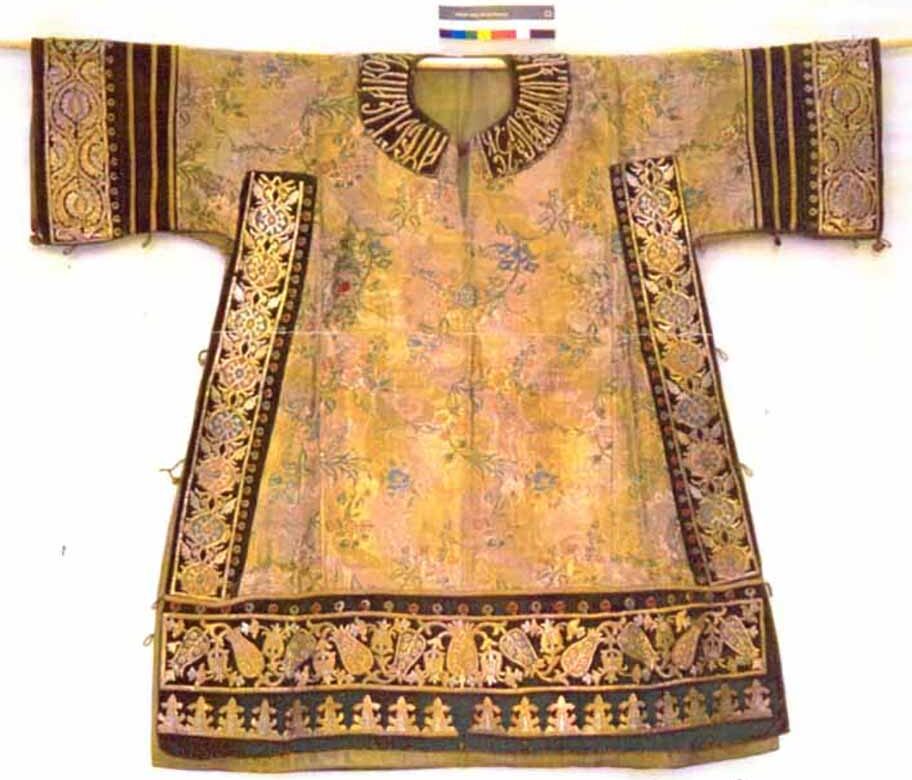
A legal framework of sumptuary laws and prohibitions, and a normative framework of appropriate dress, accompany dress history since 2500 years. Gender studies can effectively balance the functional approach to clothing. Fashionable items, such as knitted stockings and cotton dresses, are generated from innovations and trade, and they have the capacity to alter body perceptions and gendered features of dress. In 18th and 19th century Europe, national/ ethnic/ regional costumes become an object of systematic study (Linnaeus) and exhibition, and as reconstructions, they draw on historical costumes from selected eras of history.
Major questions are: Q1: How do gender and age through clothing express one’s place in the economic, social, and productive spheres in society? Q2: How far did sumptuary laws and prohibition shape European clothing? Q3: How can we rethink and re-make dress exhibitions in a more inclusive way, and discuss their colonial, ethnic, nationalistic and religious markers and symbolism? Q4: How can museums’ dress collections contribute to the re-writing of European history?
Team
Working Group
Leader
Magdalena
Wozniak
PL
Working Group
Vice-Leader
Cecilie Brons
DK
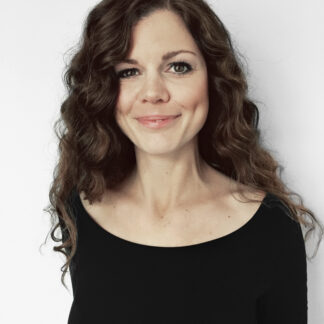
Working Group
Vice-Leader:
Paula Nabais
PT
| Country | Name | Affiliation |
| AT | Karina Grömer | Natural History Museum Vienna |
| AT | Elisabeth Trinkl | Institute of Archaeology, University of Graz |
| DE | Berit Hildebrandt | University of Hannover |
| DE | Petra Linscheid | Institute of Archaeology and Cultural Anthropology, University of Bonn |
| DE | Juliane Müller | Institute of Social and Cultural Anthropology, Ludwig Maximilians University, Munich |
| DK | Cecilie Brøns | Ny Carlsberg Glyptotek |
| DK | Audrey Gouy | Centre for Textile Research, University of Copenhagen |
| DK | Jane Malcolm-Davies | Centre for Textile Research, University of Copenhagen |
| DK | Elsa Yvanez | Centre for Textile Research, University of Copenhagen |
| EE | Riina Rammo | University of Tartu, Institute of History and archaeology, Department of Archaeology |
| EL | Tina Boloti | Academy of Athens |
| EL | Tatiana Kousoulou | Greek Ministry of Culture, Directorate of Conservation of Ancient and Modern Monuments |
| FI | Sanna Lipkin | University of Oulu |
| H | Csilla Kollár | Hungarian National Museum |
| H | Réka Semsey | Museum of Applied Arts, Budapest |
| IRE | Elaine Sisson | Institute of Art, Design + Technology, Dublin |
| IS | Meghan Korten | History Department, University of Iceland |
| IT | Emanuela Alberti | University of Florence |
| IT | Francesco Meo | University of Salento |
| IT | Francesca Scotti | Università Cattolica del Sacro Cuore di Milano, Italy |
| LT | Eglė Kumpikaitė | Kaunas University of Technology |
| LT | Daiva Milašienė | Kaunas University of Technology |
| LV | Ieva Pigozne | National History Museum of Latvia |
| NM | Dushica Brachikj | |
| NM | Liljana Kovachovska | National Museum of Macedonia |
| NL | Anique Hamelink | University of Amsterdam |
| NO | Hana Lukesova | The University Museum of Bergen |
| PL | Mikołaj Dobek | Nicolaus Copernicus University in Toruń, Faculty of History, Institute of Archaeology |
| PL | Małgorzata Grupa | Nicolaus Copernicus University in Toruń, Faculty of History, Institute of Archaeology |
| PL | Dawid Grupa | Nicolaus Copernicus University in Toruń, Faculty of History, Institute of Archaeology |
| PL | Zofia Kaczmarek | Institute of European Culture Adam Mickiewicz University in Poznan |
| PL | Tomasz Kozłowski | Nicolaus Copernicus University in Toruń, Faculty of History, Institute of Archaeology |
| PL | Filip Nalasowski | Institute of Pedagogical Sciences, Nicolaus Copernicus University in Toruń |
| PL | Katarzyna Schmidt-Przewoźna | Institute of Natural Fibres and Medicinal Plants, Poznan/School of Form, Warsaw |
| PL | Magdalena Wozniak | Polish Centre for Mediterranean Archaeology, University of Warsaw |
| PT | Catarina Costeira | UNIARQ – Centre for Archaeology of University of Lisbon |
| PT | Francisco B. Gomes | UNIARQ – Centre for Archaeology of University of Lisbon |
| PT | Paula Nabais | NOVA University of Lisbon |
| PT | Vanessa Otero | NOVA University of Lisbon |
| PT | Luís Mendonça de Carvalho | NOVA University of Lisbon |
| PT | Nuno Belino | University of Beira Interior |
| PT | Ana Amor Santos | CEAACP – University of Coimbra |
| PT | Ana Maria Silva | University of Coimbra; CIAS; UNIARQ; CEF – University of Coimbra |
| RO | Roxana Coman | Bucharest Municipality Museum |
| RO | Bianca Cristiana Olteanu | Babeș-Bolyai University |
| RO | Irina Petroviciu | National Museum of Romanian History |
| RO | Flocea Darie Silviu | |
| RO | Iulia Teodorescu | ASTRA National Museum Complex and the ASTRA Centre for Heritage |
| RO | Constanta Vintila | Institute of History – Romanian Academy |
| RS | Jasmina S. Ciric | University of Kragujevac |
| RS | Branislav Cvetković | Art Department, Regional Museum in Jagodina |
| SL | Aleksandra Berberih-Slana | National Liberation Museum Maribor |
| TU | Deniz Sarı | Department of Archaeology, Bilecik Şeyh Edebali University |
| UK | Sandy Black | London College of Fashion, University of the Arts London |
News

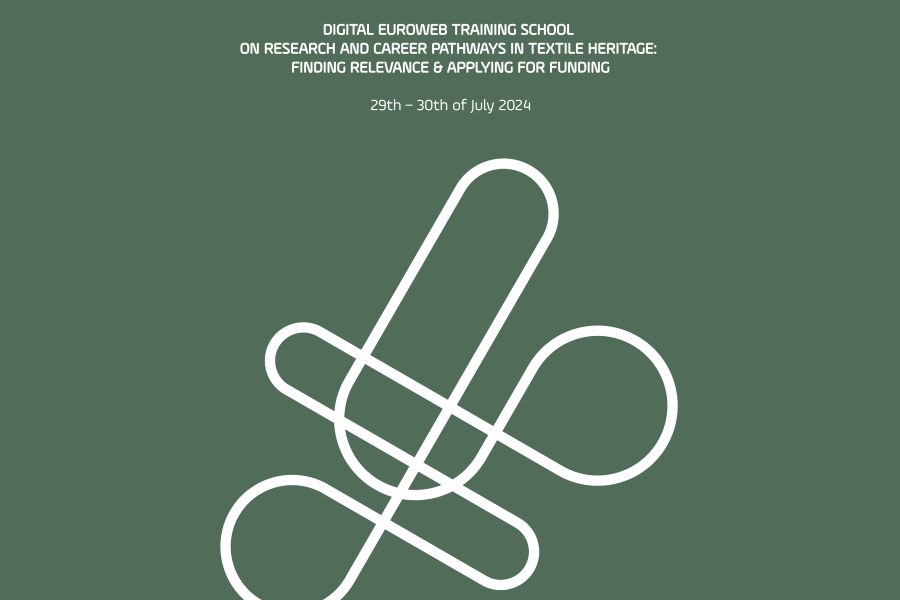
Registration Open – Digital Training School on Research and Career Pathways in Textile Heritage
